Project Description
Adult Residential Program
The Adult Residential Program, is a modified Therapeutic Community (TC), and has structures and processes in place to address the emotional and spiritual dimensions of substance use, with the use of the community to assist in the healing process of individuals and to support the development of behaviours, attitudes and values of healthy living (Australasian Therapeutic Communities Association 2010). Additionally, a range of special services and interventions for broader population groups including those with mental health issues and those utilising pharmacotherapy etc. are also integrated and/or supported to enhance the traditional or generic theoretical framework of Therapeutic Community.
The TC perspective on recovery, right living and the ‘community as method’ approach is integrated and includes the basic components such as the staged approach, social organisation, work structure, and the daily schedule of meetings, groups, and seminars etc.
- Karuna – Short Stay (Including orientation to the TC)
- Treatment Stage – comprising Treatment Stage 1 and Treatment Stage 2
- Commitment/Re Entry
The Program
Our multidimensional approach to treatment involves therapy, education, values, and skills development. The structured environment has a set of rules and guidelines establishing the basis for residents to achieve the desired goals of personal growth/development and behavior change. Karralika TC offers a unique combination of therapeutic involvements between residents and staff and among residents (especially among senior and junior residents) through their various daily interactions whilst living in a caring and challenging community.
We work with or are partners with a range of specialist community agencies including: Hep C Council, CARE Financial, Legal Aid, Care and Protection agencies, Gugan Gulwan, Outward Bound, Winnunga Nimityjah, Communities@work, Isabella Medical Centre, and ACT Dental and Health services.
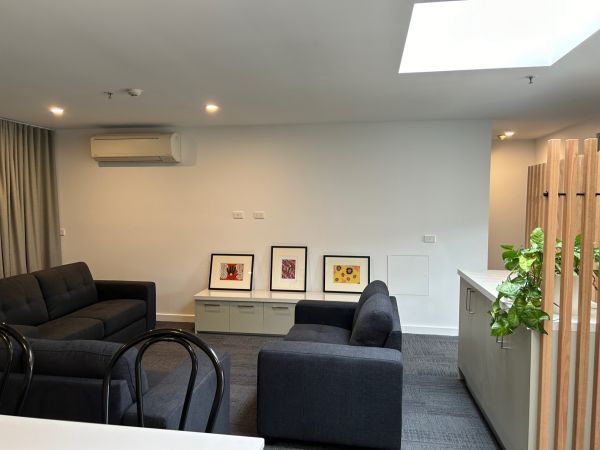
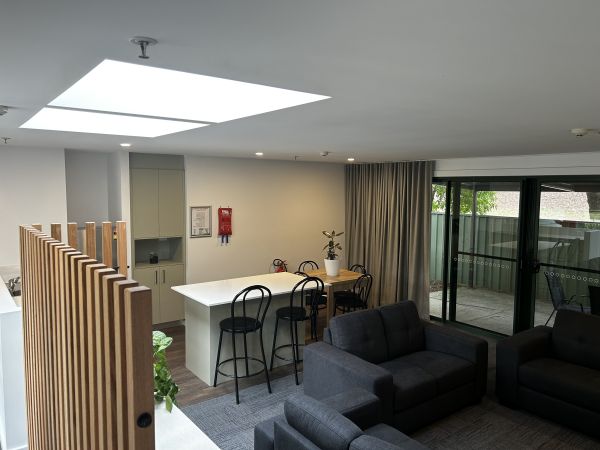
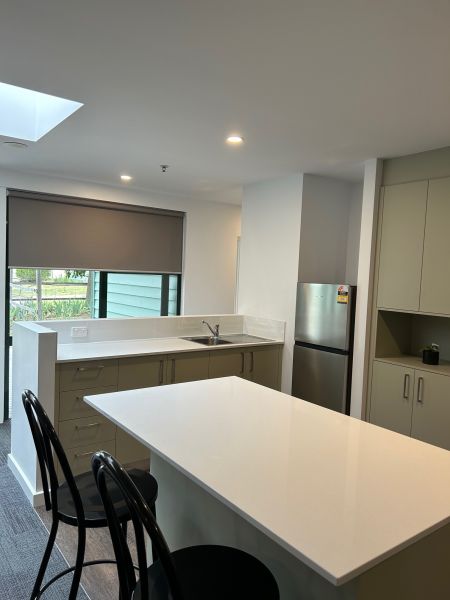
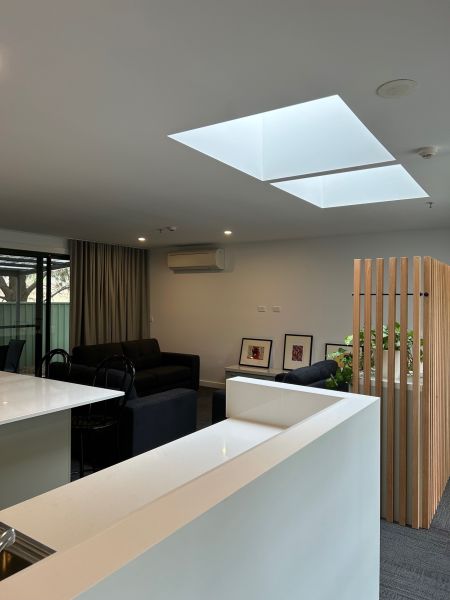
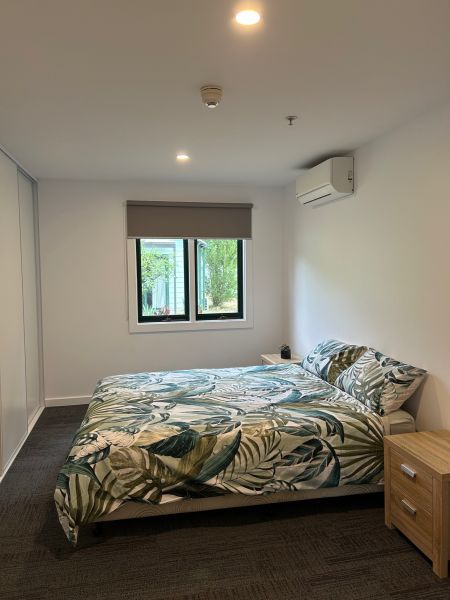
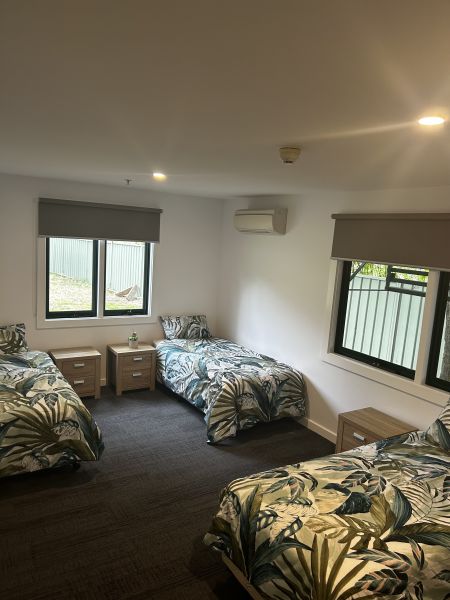
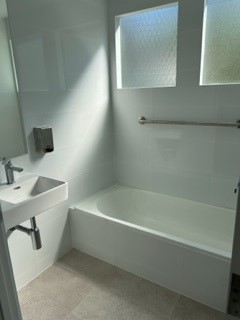
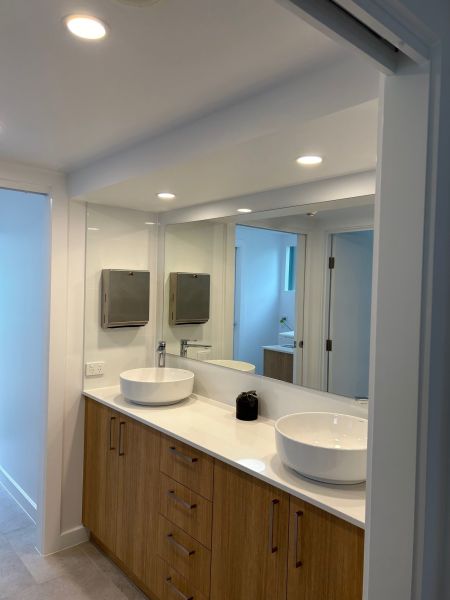
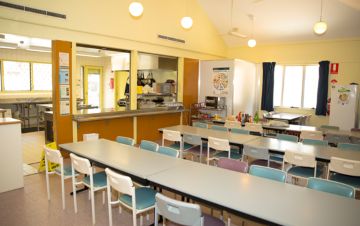
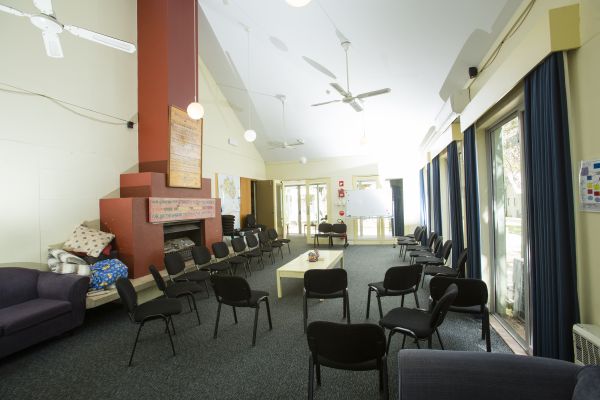
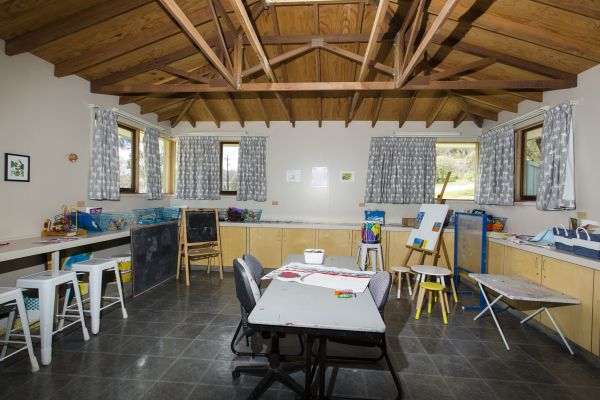
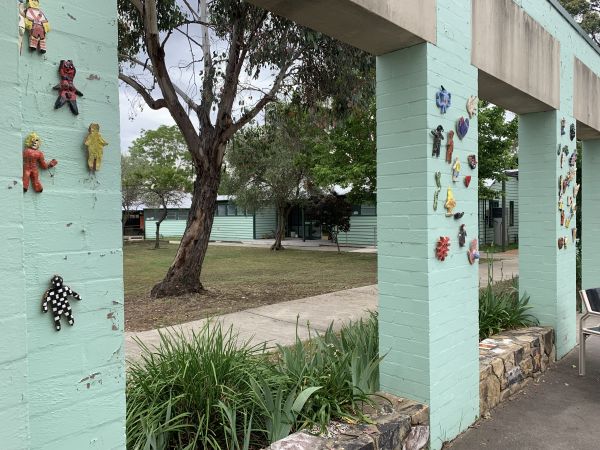
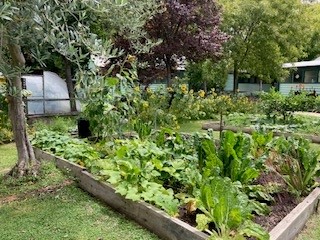
Residential Services Team
We have a multidisciplinary staff team including:
- Alcohol and Drug Workers
- Primary Health Nurses
- Chef
- Counsellors
- Case Managers
- Social Workers
- Aboriginal and Torres Strait Islander Cultural Support and Liaison Officer
External Services
Residents can access a range of external services whilst in Program, which include:
- Childcare and school
- Dental and Medical services
- Counselling
- Financial/Budgeting support and assistance
- Hepatitis education
- Parenting programs
- Community based self-help groups
- Recreational activities
Activities
Residents can participate in a range of activities which include:
- Attendance at art exhibitions and workshops with Tuggeranong Community Arts Centre
- Drumbeat is an alternative therapy, facilitated through weekly groups, and offers a range of learning opportunities for participants to develop skills and knowledge in a range of areas. The purpose of the program is to allow our clients to connect and work together as a team through music and expressing themselves in ways that harmonise with others.
- Karralika Empowering Women is our program for women and gender-diverse individuals who are currently in, or have previously been in, an abusive or controlling relationship and who continue to be affected by their experiences. KEW is a group program that supports participants to safely talk through issues, develop personal insight, practice skills, explore positive choices and set goals for the future. Facilitators will support discussions, share information and tools, and provide a safe space for everyone.
Types of Interventions
Clinical practice within the therapeutic community is underpinned by evidence informed methods including Motivational Interviewing (MI) and Cognitive Behavior Therapy (CBT) which are utilized to effectively support and facilitate a residents’ recovery journey.
Typical Daily Routine (weekday)
| Morning – 7am | Lunch – 12 noon | Afternoon – 1pm | Evening – 6pm |
|---|---|---|---|
|
|
|
|
| Morning – 7 am |
|---|
|
| Lunch – 12 noon |
|
| Afternoon – 1 pm |
|
| Evening – 6 pm |
|
*Weekends have a semi-structured program.
*AA/NA meetings attendance after the first 2 weeks in program.
Do you need help?
Every journey begins with the first step. We have fully trained staff ready to speak to you about your dependence or about someone you may care for.

Social Media Links